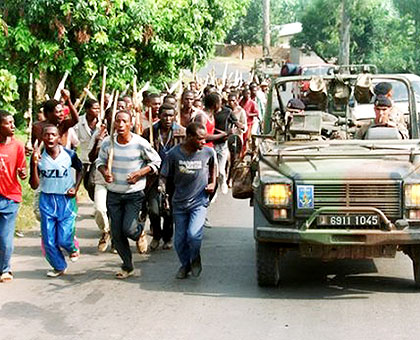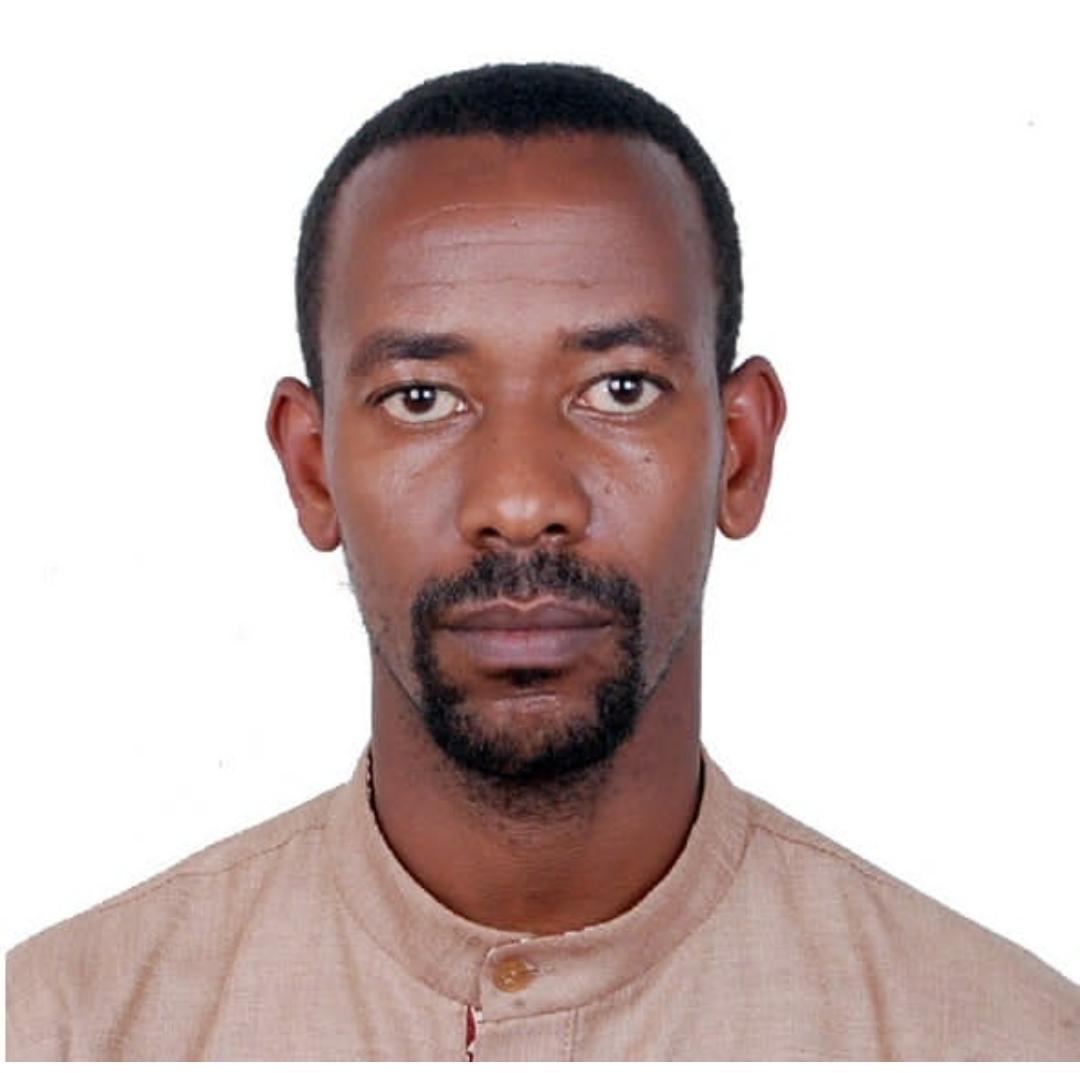Canadian Lieutenant-General Roméo Dallaire, who was the Force Commander of the defunct UN Assistance Mission in Rwanda during the 1994 Genocide against the Tutsi, yesterday expressed frustrations on how the international community knew about the imminent killings but ignored the warnings.


Canadian Lieutenant-General Roméo Dallaire, who was the Force Commander of the defunct UN Assistance Mission in Rwanda during the 1994 Genocide against the Tutsi, yesterday expressed frustrations on how the international community knew about the imminent killings but ignored the warnings.
Dallaire was yesterday speaking at the first Kwibuka20 Global Conversation held at the UN headquarters in New York under the theme, "Genocide: A Preventable Crime.”
The event was co-hosted by the Permanent Mission of Rwanda at the UN and the Global Centre for the Responsibility to Protect.
Dallaire spoke about how he issued an alert about the likely genocide in Rwanda 20 years ago but his concerns were ignored.
"Western diplomats came to Rwanda in 1994 and told me: ‘There’s no strategic interest here,’” said Dallaire.
He added: "The almost successful attempt of extermination was a deliberate action that we saw coming and watched. We were given the mandate to start going after the weapons stockpiles six days before the start of the Genocide.”
However, he said, to date, the international community has not grasped prevention of mass atrocities, and talked of the need for a new conception framework of prevention.
"We must create a new multi-dimensional framework of conflict and mass atrocity prevention,” he said, adding that middle powers must also re-engage to prevent mass atrocities.
At the event, Rwanda’s ambassador to the US, Mathilde Mukantabana, said Rwanda’s tragic history has armed the nation with the zeal and determination to build a peaceful world.
UN deputy chief Jan Eliasson also admitted there was an early warning issued by Gen. Dallaire but "he did not receive the response he needed and, above all, the response which the people of Rwanda needed.”
Response mechanism
Eliasson added that in 1993, a UN Special Rapporteur warned that all the precursors of genocide were visible in Rwanda, but the UN system and the world were not able to stop the events unfolding on the ground.
"The consequences of failing to heed the warning signs were monumentally horrifying. We must never forget the collective failure to prevent the Genocide in Rwanda,” she said, adding that the UN has put in place several measures to ensure early response to warnings to avoid a repeat of what happened in Rwanda.
Eugénie Mukeshimana, a Genocide survivor who was a student in Kigali at the time, said 20 years after the mayhem, it was impossible for her to escape the reality of the politics of the genocidal regime.
Mukeshimana recounted life before 1994 pointing to the fact that the Genocide was not an overnight plan.
"Walking to school, soldiers of the genocidal government asked, Who are you? Where are you from? We will get you,” she narrated. "How did we get to a point where a nation was chanting ‘we will exterminate you?’”
Mukeshimana added that the culture of impunity was a factor in the Genocide in Rwanda. Years of atrocities against Tutsis were ignored.
"What are we teaching the younger generations to help them see the world differently? We have the opportunity to act differently today. The genocide in Rwanda was a collective failure, and now we have the opportunity for a collective response. We have a chance to change the future, for our children,” she said.
Meanwhile, latest reports indicate that Boutros Boutros-Ghali, the UN chief during the Genocide, decided not to share with the Security Council a fax message sent by the UN Mission in Kigali on the impeding genocide.
The development was brought to light by former president of the Security Council Karel Kovanda, in a letter published in The New York Times.
The fax was sent on January 11, 1994, warning of an "anti-Tutsi extermination” plot prepared from the highest levels of government.
"Since I was president of the Security Council when the fax arrived, I confronted the secretary-general on this issue toward the end of 1995,” said Kovanda.
"In a subsequent meeting also attended by Chinmaya Garekhan of the UN Secretariat and Boutros-Ghali’s right-hand man, the then UN chief stuck to his position. In the end, however, Boutros-Ghali conceded that the Americans, at least, had been informed, which in his view, should have been enough as far as the Security Council was concerned. It wasn’t,” disclosed Kovanda.


